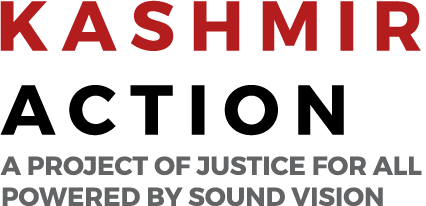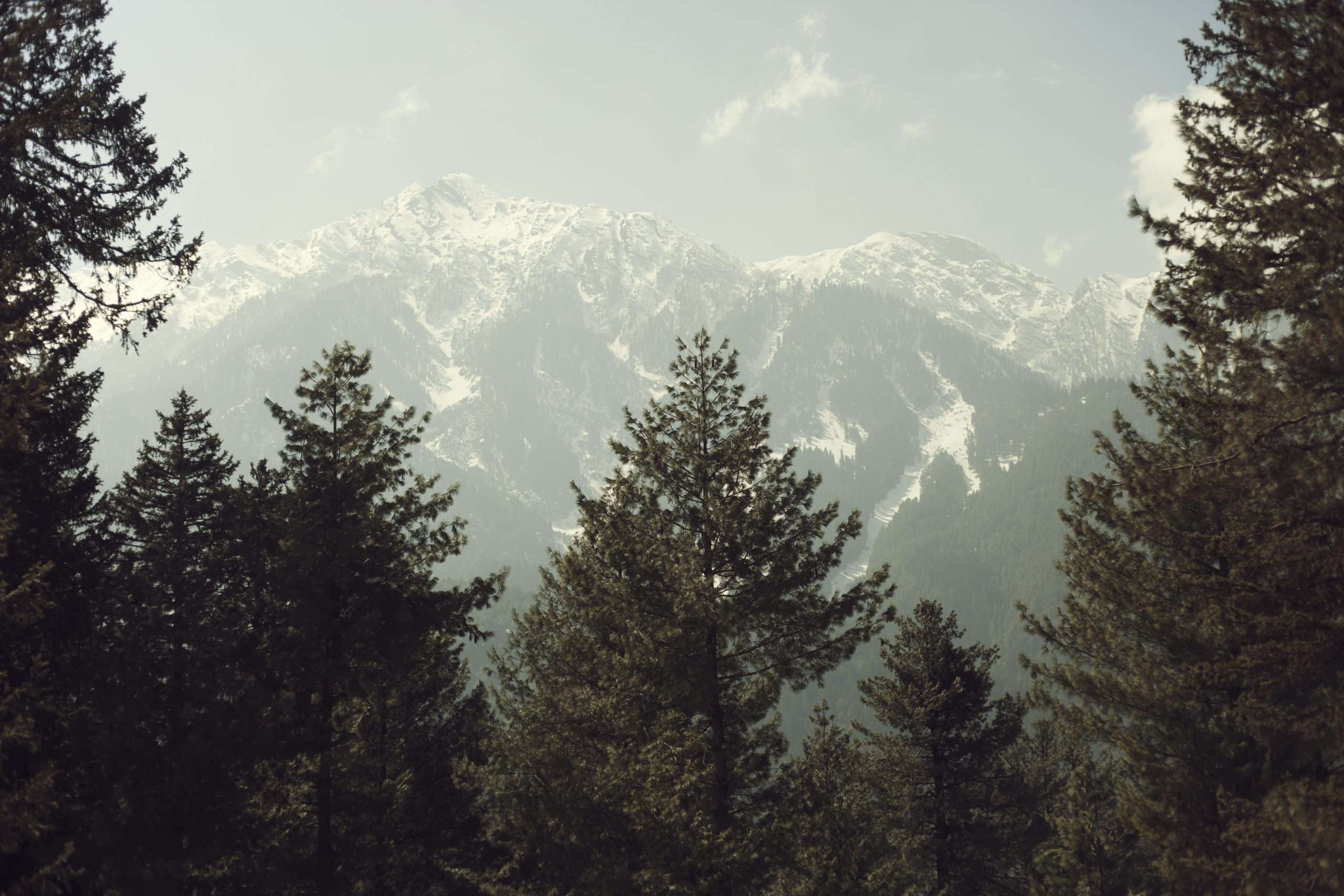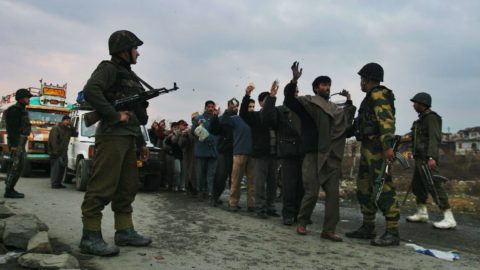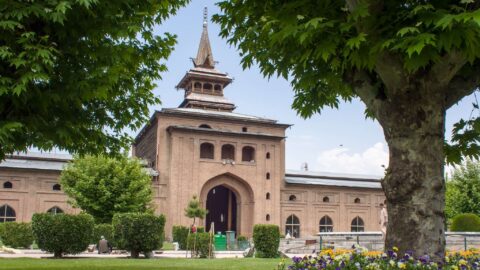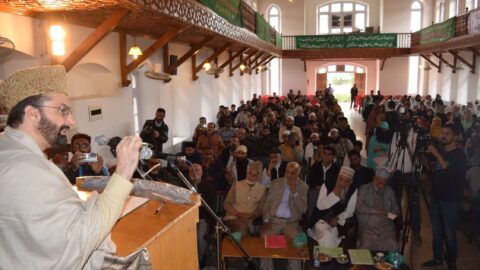On April 8th, three Kashmiri civilians were booked under Public Safety Act (PSA) in north…
Kashmir and 2020
By Dr. Abdul Jabbar
What does the year 2020 hold for Kashmiris?
Predominant opinion of experts of international relations indicate that the situation in Kashmir will worsen due to the harsh policies of the Indian government.
Since the unilateral abrogation of Article 370 of the Indian Constitution in August last year, the Modi government is not indicated inclination towards political reconciliation.
On the one hand, India has locked up the Kashmiris in the valley through various sanctions. It has also unveiled designs to attack the Pakistani- administered part of Kashmir and has threatened to occupy it.
Recently the Supreme Court of India had ordered restoration of internet connection in Kashmir. The government restored Internet in some government offices but with very low connectivity, thus rendering the court’s order useless.
In the past, there has been a continuous violation of judicial orders in Kashmir. The main reason being that the judiciary in the subtext of “national interest” used to give substantial relief to the government. This is the reason why the judiciary has been frequently accused of partiality with regards to Kashmiri cases.
Indications are there that the Modi government will continue to be exempt from the court rulings despite its most despicable measures. Even if the internet is fully restored, it is highly possible that the police and other security agencies will practically reduce the effect of such judicial orders by employing strict rules and regulations.
Those working for justice and human rights in the United States and Europe will have to boost their protests, demonstrations and advocacy for the Kashmiris by making coalitions with other organizations to pressure the Indian government to remove restrictions on communications and release political and religious leadership from prisons.
In a still unsung story of the plight of sobbing Kashmiri mothers, about 3500 youth have been picked up from their homes and incarcerated in distant prisons in India.
This is a serious challenge to the human conscience of the modern world that no meaningful effort, so far, is afoot to release them from the dungeons of Indian jails.
If Kashmiri advocates and human rights organizations succeed in getting a resolution adopted by the House of the US Congress and British Parliament, this action will undoubtedly impact the present phase of the crisis and hopefully bring out an end to the long-drawn lockdown of Kashmiris.
